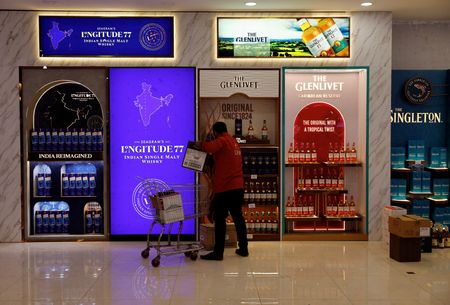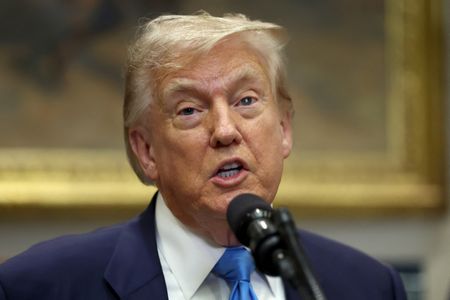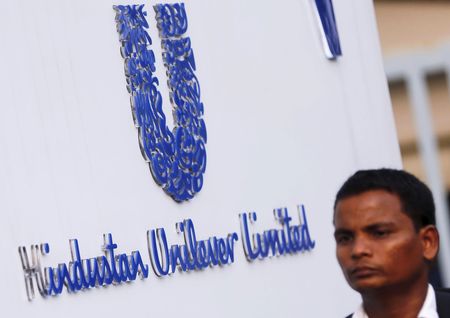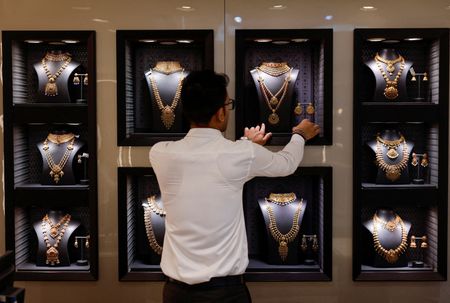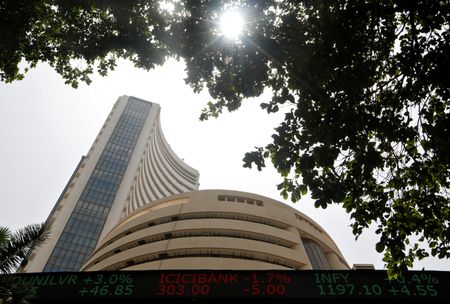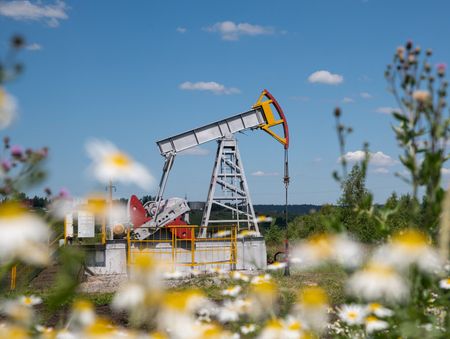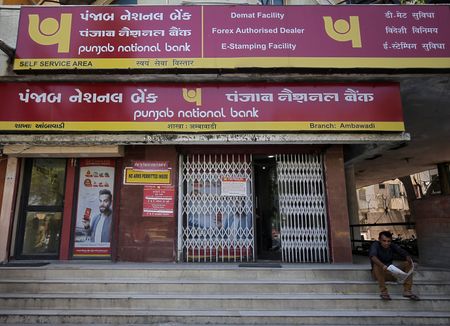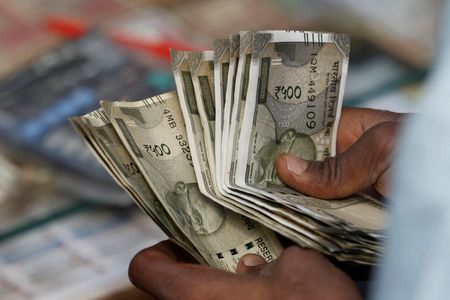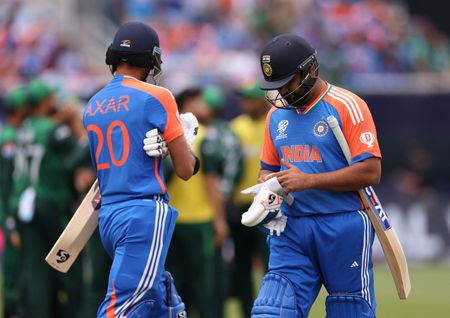By Aditya Kalra and Dhwani Pandya
NEW DELHI MUMBAI (Reuters) -At first glance, halving import tariffs on Scotch to 75% under the India-UK trade deal should bring the biggest cheer to India’s whisky lovers. But there is little to celebrate once you look closely at India’s complex tax regime.
In the world’s most populous nation, each of the 28 states and eight federally-controlled territories regulate alcohol independently and impose heavy local taxes that contribute richly to the exchequer.
That means the price consumers pay for their drink in India includes state excise tax, handling charges, a social welfare fee, and distribution and retailer margins, and once they are taken into account the industry estimates final prices of imported Scotch will come down by less than 10%, four liquor industry executives said. Some fear states may even increase taxes, cancelling out the reduction from the trade deal.
One executive at a foreign company said the tariff cut “won’t be a gamechanger.” Another said the share of customs duty as a percentage of the total product price was less than 25% in most states. Both declined to be named as they were not authorised to speak to the media.
Naveen Malpani, consumer and retail industry leader at consultants Grant Thornton Bharat, said the import duty made up only about 10% to 20% of the retail price on average across India, with the rest from local levies and other costs.
“The deal is likely to enhance premiumisation and brand variety rather than trigger an immediate spike in demand,” he said.
A breakdown provided on the website of the government of southern Kerala state shows the high taxation regime: a bottle of Pernod’s Chivas Regal blended Scotch aged for 18 years costs 6,288 rupees ($72) with import tariffs, but local taxes and levies take the price to 13,560 rupees ($156).
Similarly, Johnnie Walker Blue Label costs 30,570 rupees ($352) in Kerala. In California, after discounts, that brand costs around $180, according to shopping website BevMo.com.
Despite the high taxes, Euromonitor estimates India’s spirits market was worth $37 billion last year, lagging only China and the United States, and it remains an attractive market – Diageo, which produces Johnnie Walker, and Pernod Ricard together had India revenues of almost $6 billion last year.
India is Scotch whisky’s largest export market by volume, with the equivalent of more than 192 million bottles exported to the country in 2024, and the volume growing by more than 200% in the past decade, according to the Scotch Whisky Association.
But doing business in the whisky-loving country is challenging. As well as the layers of taxation, companies must contend with a web of regulation, which requires they seek approval for bottle labels and prices each year. In 2022, Pernod’s then South Asia CEO told Reuters in an interview that India was “probably the most complex market” in the world for the industry.
Amid the complexity, local producers have also stepped up. Made-in-India single malts are offering stiff competition to the established international brands as Indians develop a taste for bespoke cocktails and more sophisticated drinks.
Young Indians “are all going for Indian single malts rather than Scotch,” said Rajesh Chopra, director general of Indian Malt Whisky Association, adding lower tariffs could spur collaboration among Indian and UK whisky makers.
(Reporting by Aditya Kalra and Dhwani Pandya; additional reporting by Saurabh Sharma; Editing by Kate Mayberry)

